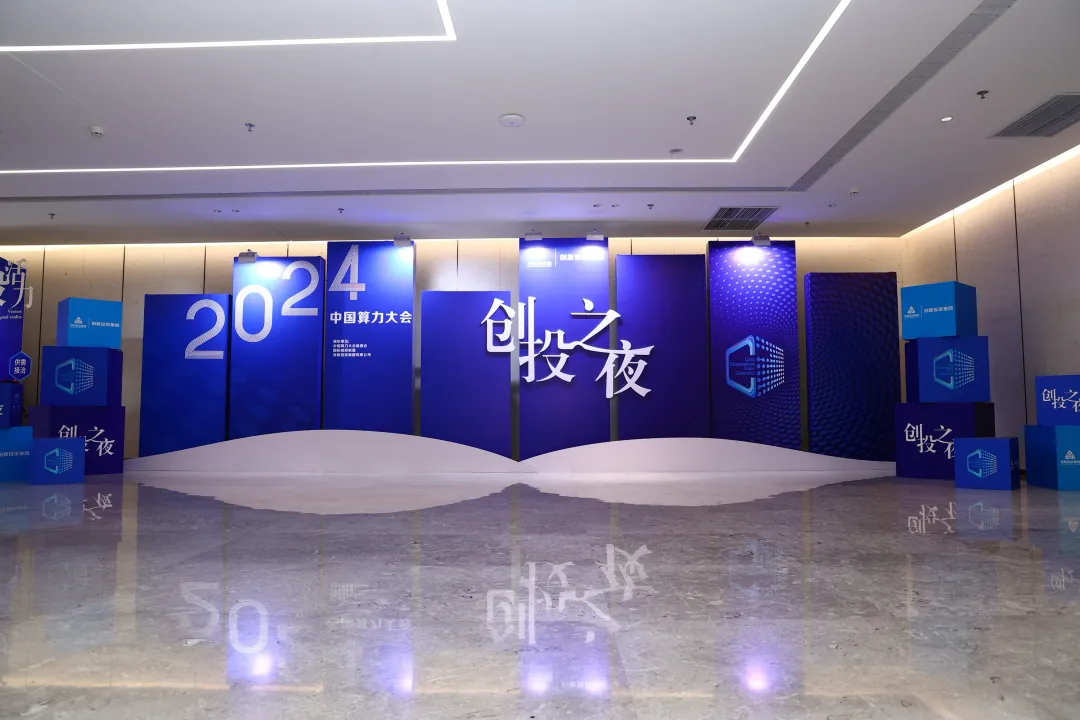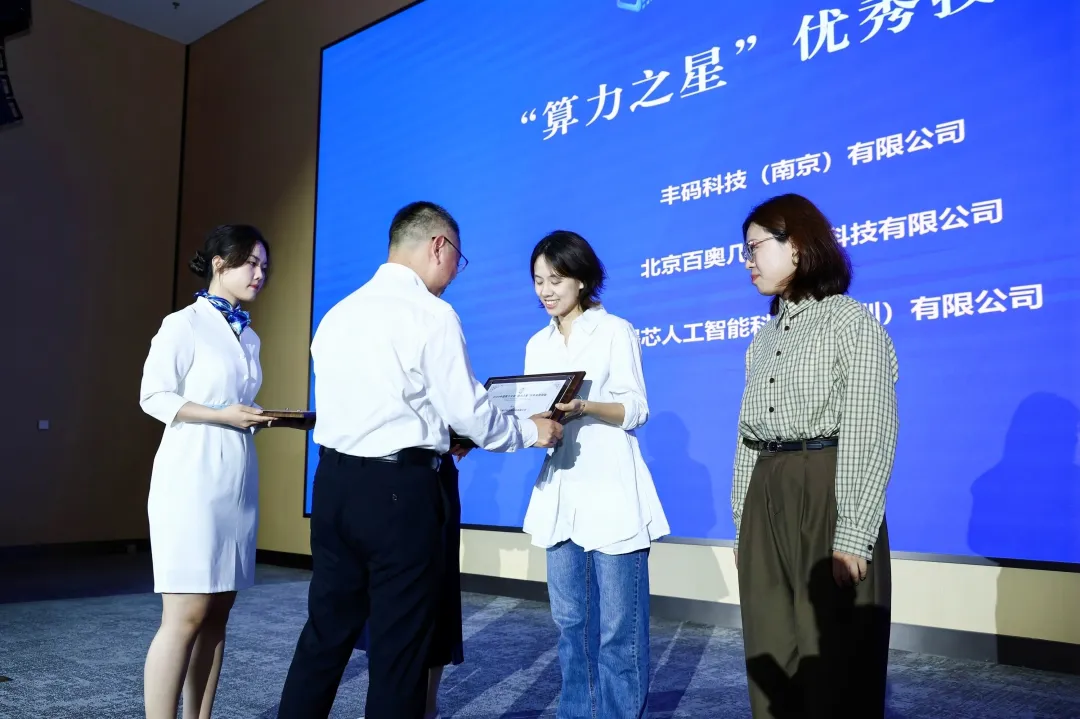From September 27 to 29, the 2024 China Computational Power Conference, themed “Gathering Wisdom for Innovation, Computational Power Leading the Future,” took place in Zhengzhou, Henan. The event was co-hosted by the Ministry of Industry and Information Technology’s News and Publicity Center and the China Academy of Information and Communications Technology. Media outlets like Cailian Press and Sci-Tech Innovation Board Daily provided live coverage.

BioGeometry took part in various activities, including project roadshows and “Venture Night,” and was honored with the “Computational Power Star” award for its breakthrough in denovo protein design using generative AI and geometric deep learning.
Since its founding, BioGeometry has focused on building a generative AI protein design platform for the biopharmaceutical and biomanufacturing industries. In 2021, their team pioneered the use of diffusion generative models for 3D molecular structure generation, with their papers ranking among the top 50 most cited in AI in 2022. These models have significantly improved accuracy and success rates in molecular modeling and design compared to traditional methods. This year’s Nobel Chemistry Prize winners, Hassabis, Jumper, and Baker, also used these models in their groundbreaking works AlphaFold3, AlphaProteo, and RFDiffusion.

As one of the few companies globally capable of developing AlphaFold3-level protein models, BioGeometry has extensive expertise in geometric deep learning, generative AI, and pre-trained large models. Their GeoFlow model is now fully integrated into the GeoBiologics platform, aiding clients in antibody design, enzyme discovery, and antigen modification with fewer wet lab experiments and better results.
We are grateful to the China Computational Power Conference for recognizing our technological achievements. Looking ahead, we will continue to innovate at the intersection of generative AI, geometric deep learning, and pre-trained large models, striving to create groundbreaking molecules and advance both basic research and practical applications.
